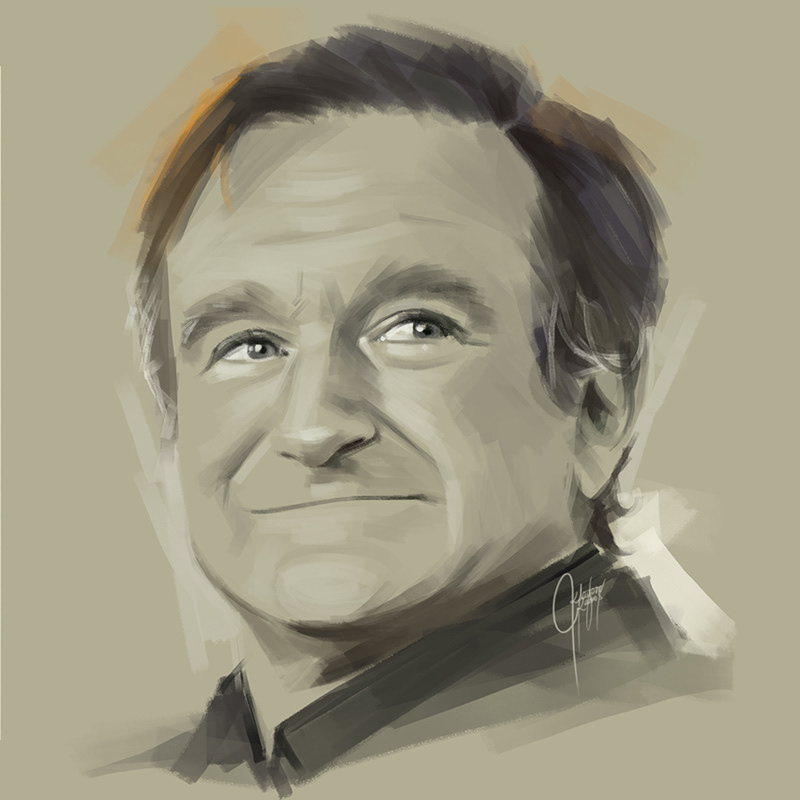Robin Williams, a luminary of comedic and dramatic arts, left an indelible mark on the world during his lifetime from 1951 to 2014. His multifaceted persona not only entertained millions but also resonated with deeper truths that parallel the Teachings of the Bahá’í Faith. As we reflect on Williams’ life and contribution, we can glean vital lessons that are congruent with Bahá’í principles, thus offering an enriched perspective on the inherent unity and spiritual connections that exist within the human experience.
At its core, the Bahá’í Faith emphasizes the oneness of humanity, a principle that was vividly illustrated through Williams’ life. His performances transcended cultural barriers, providing solace and amusement to diverse populations around the globe. This universal appeal aligns with the Bahá’í belief that every individual possesses a distinct purpose, contributing to the collective advancement of civilization. In this comprehensive reflection, the intertwining of Williams’ legacy and Bahá’í Teachings invites contemplation on the significance of unity, service, and the cultivation of virtues.
One essential tenet of Bahá’í teachings revolves around the concept of service to humanity. Williams epitomized this principle through his generosity, not only in charitable endeavors but also in his unwavering commitment to bringing joy to others. The Bahá’í writings inform us that “the best among you are those who serve others.” Williams’ ability to invoke laughter and compassion in a world often fraught with despair mirrors the Bahá’í call to foster a spirit of service. Whether through his stand-up routines or iconic roles—his unparalleled talent served as a conduit for healing, illustrating that acts of kindness, no matter how small, may serve a greater purpose in our communal survival.
Moreover, Williams’ profound empathy towards the human condition resonates deeply with the Bahá’í understanding of moral development. He often portrayed characters who grappled with existential dilemmas, reflecting a poignant awareness of the spectrum of human emotions. In doing so, Williams exemplified the Bahá’í ideal that humanity should strive for personal refinement, which includes embracing both joy and sorrow as pathways to spiritual growth. This duality is reinforced within Bahá’í texts, which advocate for the necessity of confronting one’s inner struggles as a means to foster a deeper connection with others.
Central to Bahá’í Teachings is the pursuit of knowledge. Williams was known for his insatiable curiosity and zest for learning. Throughout his career, he showcased a remarkable versatility, engaging audiences with a breadth of characters—from the sagacious teacher in “Dead Poets Society” to the affable genie in “Aladdin.” In these roles, he not only entertained but instilled a desire for growth and understanding in those who witnessed his performances. The Bahá’í principle that “the source of all knowledge is a divine bounty” underscores the need for a continuous quest for enlightenment. Williams’ legacy serves as a reminder that education and self-improvement are not only means for personal enhancement but are also pivotal in our collective evolution as a society.
Additionally, the Bahá’í emphasis on the importance of community harmonizes with Williams’ narrative. Throughout his career, he cultivated a sense of belonging and connectedness, creating spaces where laughter and camaraderie flourished. In a world beset with divisiveness, Williams’ humor acted as a unifying force, dismantling barriers and fostering inclusivity. The Bahá’í perspective views community as an essential catalyst for personal and collective development. It posits that through cooperative endeavors, humanity can attain unparalleled heights of progress. Williams’ legacy serves as a powerful testament to how art can bridge divides and promote a culture of inclusivity and unity.
In addition to his overt contributions to the arts and community, Williams’ life also serves as a poignant reminder of the intrinsic value of mental health. The Bahá’í Faith recognizes the integral connection between the body, mind, and spirit, advocating for holistic well-being. Despite the luminous exterior he often portrayed, Williams himself battled profound struggles with mental health. This vulnerability serves to illuminate the Bahá’í teaching that acknowledges the importance of destigmatizing mental health challenges. By fostering an environment of understanding and compassion, individuals can better assist one another, echoing the sentiments present in Williams’ own narrative of compassion amidst adversity.
Furthermore, the transient nature of life, underscored by Mahogany teachings, resonates deeply within Williams’ story. His passing reminds us of the ephemeral quality of existence and the significance of legacy. The Bahá’í writings encourage reflection on one’s life purpose and impact, prompting individuals to consider how their values and actions align with the greater good. Williams’ contributions inspire individuals to harness their talents and to utilize them to uplift humanity, amplifying the Bahá’í ideal that every person is a potential agent of change and positive influence.
In conclusion, Robin Williams’ life and legacy serve as a living testament to the enduring teachings of the Bahá’í Faith. Through his artistry, he exemplified critical virtues such as service, empathy, and unity. His journey invites reflection on our shared human experience, prompting a deeper understanding of the universal principles that bind us. By reflecting on his life through the lens of Bahá’í teachings, we can glean invaluable insights regarding the importance of personal and collective growth. As we remember Williams, may we be inspired to carry forth the lessons he imparted—embracing our own unique contributions, fostering community, and striving for a world imbued with compassion and understanding.
